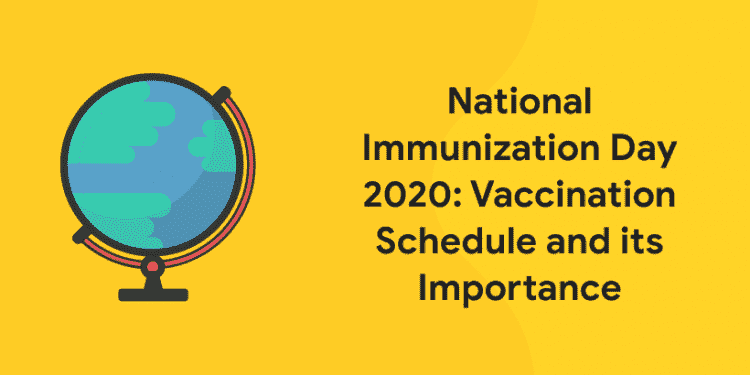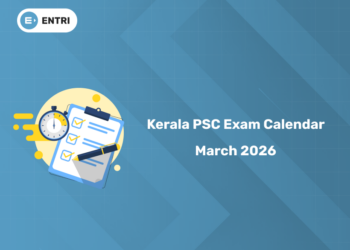Table of Contents
India observes National Vaccination Day also known as National Immunization Day (NID) on 16th March every year. In this article, we will discuss National Immunization Day 2020: Vaccination Schedule and its Importance. National Immunization Day was first observed on 16th March when the first dose of Oral Polio Vaccine was given in the year 1995.
Why National Vaccination Day?
The observance of National Vaccination Day is done in order to enhance the awareness of the eradication of polio from planet earth. Every year on this day, millions of children of India are immunized with the polio vaccine.

What do you mean by Vaccination?
1: Who was the first woman President of India?
Vaccination is the most effective method of preventing highly infectious diseases. Extensive immunity due to vaccination is mostly responsible for the worldwide eradication of smallpox and the restraint of diseases such as polio, measles, and tetanus from a large amount of the world. The World Health Organization (WHO) informs that licensed vaccines are currently available to prevent or add to the prevention and control of twenty-five preventable infections.
Free UPSKILLING Courses!
Take your first step toward mastering in-demand skills, acing interviews, and securing top-tier jobs with Entri's free upskilling courses.
Start Learning!Highlights
Every year, India observes National Vaccination Day in January to mark the launch of the pulse polio program. India has been observing the Pulse Polio Programme since 1995. In India, the last case of polio patients was reported on 13 January 2011.
On 27 March 2014, India was certified as a polio-free country along with 11 other countries of the South-East Asia Region of the World Health Organisation (WHO). These countries were Bangladesh, Bhutan, Indonesia, Maldives, Myanmar, Democratic People’s Republic of Korea, Nepal, Sri Lanka, Timor-Leste, and Thailand.

Universal Immunization Programs or UIP
India has one of the chief Universal Immunization Programs (UIP) in the world in terms of the number of beneficiaries covered, quantities of vaccines used, geographical spread and human resources involved. Despite being operational for over 30 years, UIP has been able to fully immunize only two-third of the children’s population in the first year of their life and the increase in coverage has stagnated. To achieve 100% immunization coverage for all children, the Government of India launched Mission Indradhanush in December 2014. The ultimate goal of this program is to ensure complete immunization with all available vaccines for children up to two years and pregnant women. All vaccines are available free of cost in this program.
National Immunization Day 2020: Vaccination Schedule and its Importance
National Immunization Day 2020: Vaccination Schedule and its Importance is given here.On January 19, 2020, the National Immunization Day (NID) was observed all over India as a part of the 2020 Pulse Polio Programme. Around 17.4 crore children were given polio vaccination. India has managed to eradicated polio completely in 2012. In order to prolong the eradication, GoI organizes Pulse Polio immunization campaigns on the standards set by the World Health Organization (WHO). The next round of National Immunization Day is to be held in the month of March. The National Immunization Day is one of the four strategies that are recommended by the WHO to eradicate polio completely. According to WHO, the National Immunization Day has to be conducted twice a year at a gap of 2 to 4 weeks.
Free UPSKILLING Courses!
Take your first step toward mastering in-demand skills, acing interviews, and securing top-tier jobs with Entri's free upskilling courses.
Start Learning!Types of Polio Vaccines
There are two types of vaccines that are being administered in the country which are IPV (Inactivated Polio Vaccine) and OPV (Oral Polio Vaccine). IPV is a wild-type poliovirus strain that is administered in a mixture of other vaccines. It includes Hepatitis B, Diptheria, pertussis, tetanus, Haemophilus, and influenza. IPV is more efficient than OPV. It increases intestinal immunity in kids who have been already immunized with OPV.












